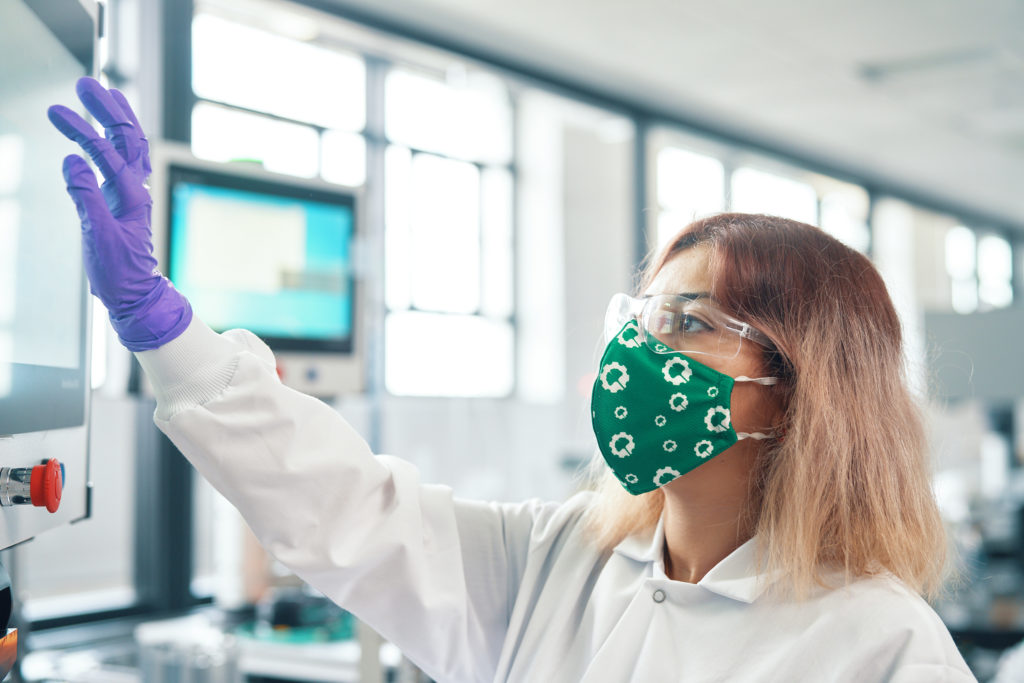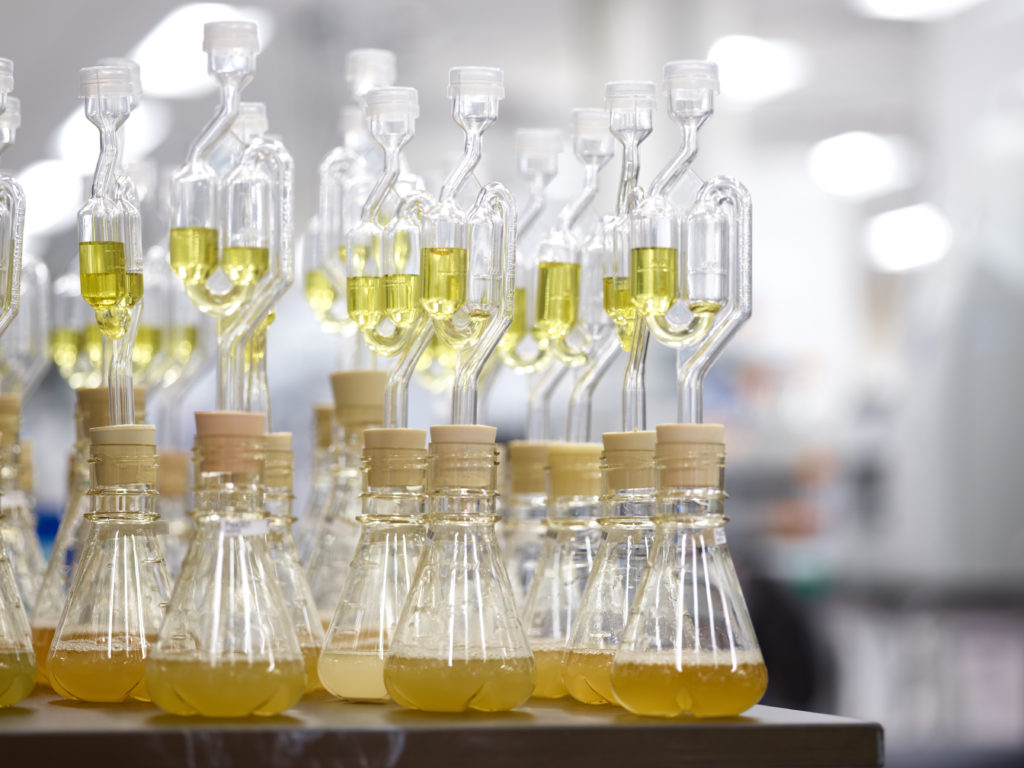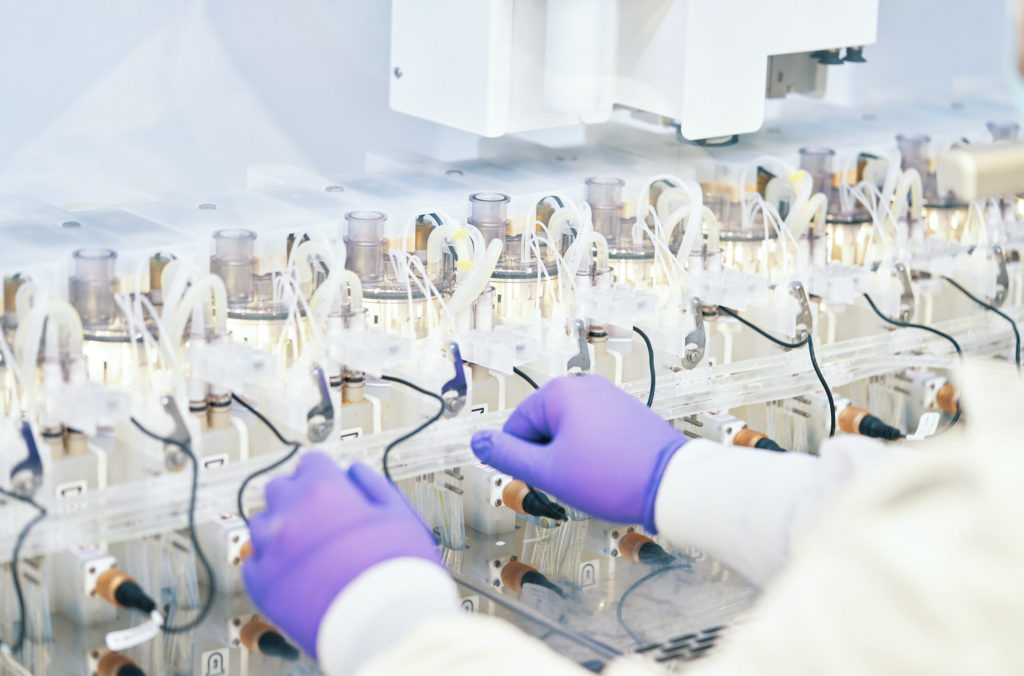Overview
The coronavirus pandemic saw the rise of a new modality of medicine – the nucleic acid vaccine.
The timescale for producing this new biologic was counted in months, not years, with companies across the world standing up a supply chain which could manufacture hundreds of millions of doses a year.

A New Modality
The successful development of nucleic acid vaccines marks the arrival of a new generation of medicines. At their core, nucleic acid vaccines are injectable DNA code which use our body’s cellular machinery to produce inert proteins, like the characteristic coronavirus spike cells. As our immune cells encounter these inert proteins, we acquire systematic familiarity and protection against potential viruses. Beyond the highly effective coronavirus vaccines, mRNA vaccines are in clinical trials for other respiratory diseases like the flu, other viruses like HIV, and even as a form of immunotherapy for cancer.

Providing Scale
Nucleic acid vaccines are produced using fermentation; they are grown. In Spring 2020, we applied the Ginkgo platform to map the design space of this growth process, and to optimize it. Because nucleic acid vaccine production is heavily regulated, we were able to quickly discover more optimal processes for our partner which could be implemented easily under existing regulatory constraints. This was possible because of our deep expertise in understanding the many dimensions and parameters of experimental design, and our ability to stand up foundry services and high-throughput analytical pipelines to run and process experiments.

Future Readiness
As a relatively new modality, the processes and components used to manufacture nucleic acid vaccines were previously only running or available on a very small scale. Today, we’re working with companies and governments across the globe to build up robust supply chains so that future manufacturing efforts can scale quickly and efficiently. We’re using our platform at Ginkgo to increase, by orders of magnitude, both the scale of fermentation processes to produce critical ingredients for the vaccine, and the yield of those processes.
